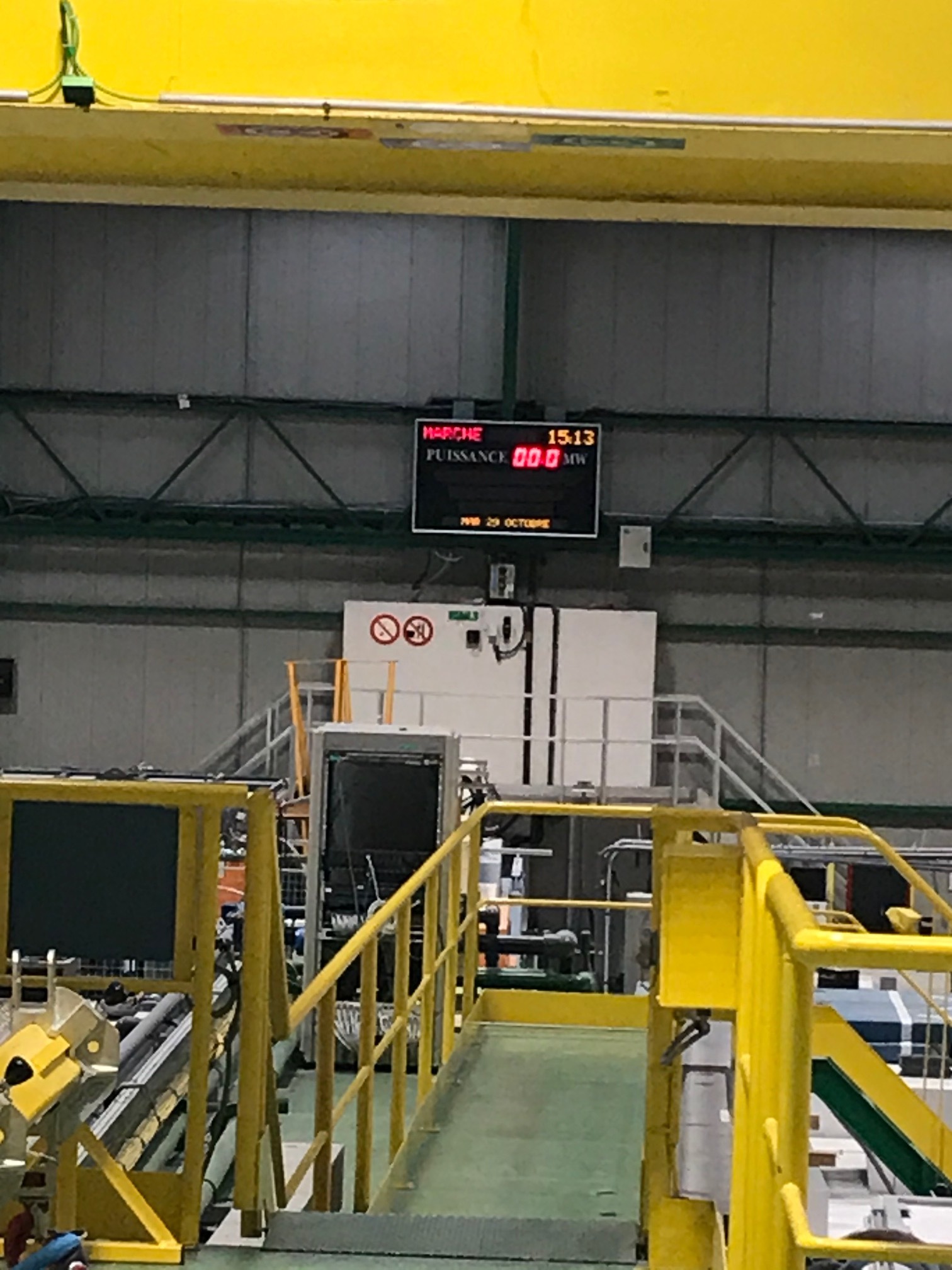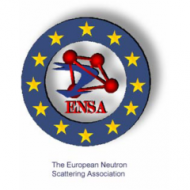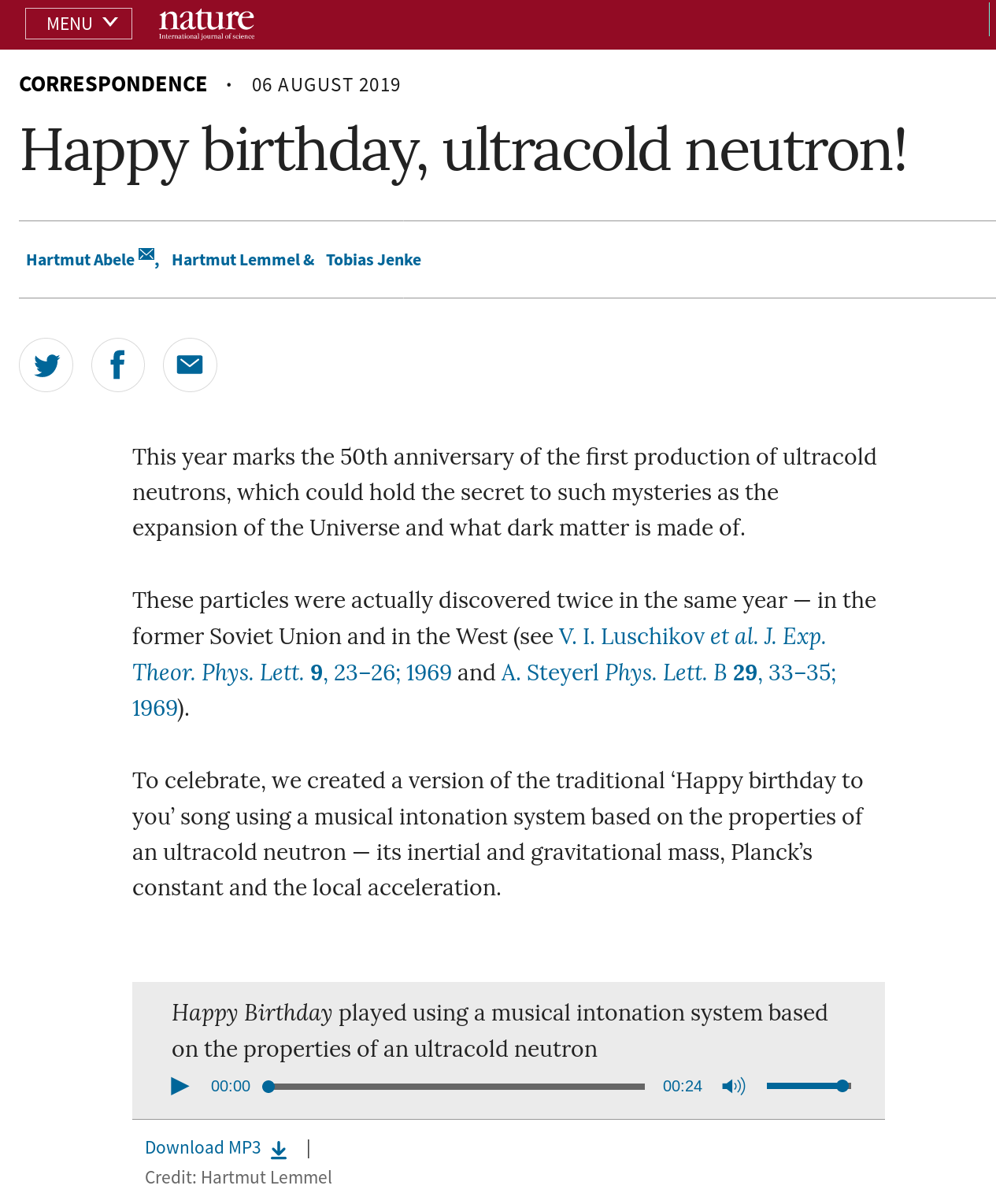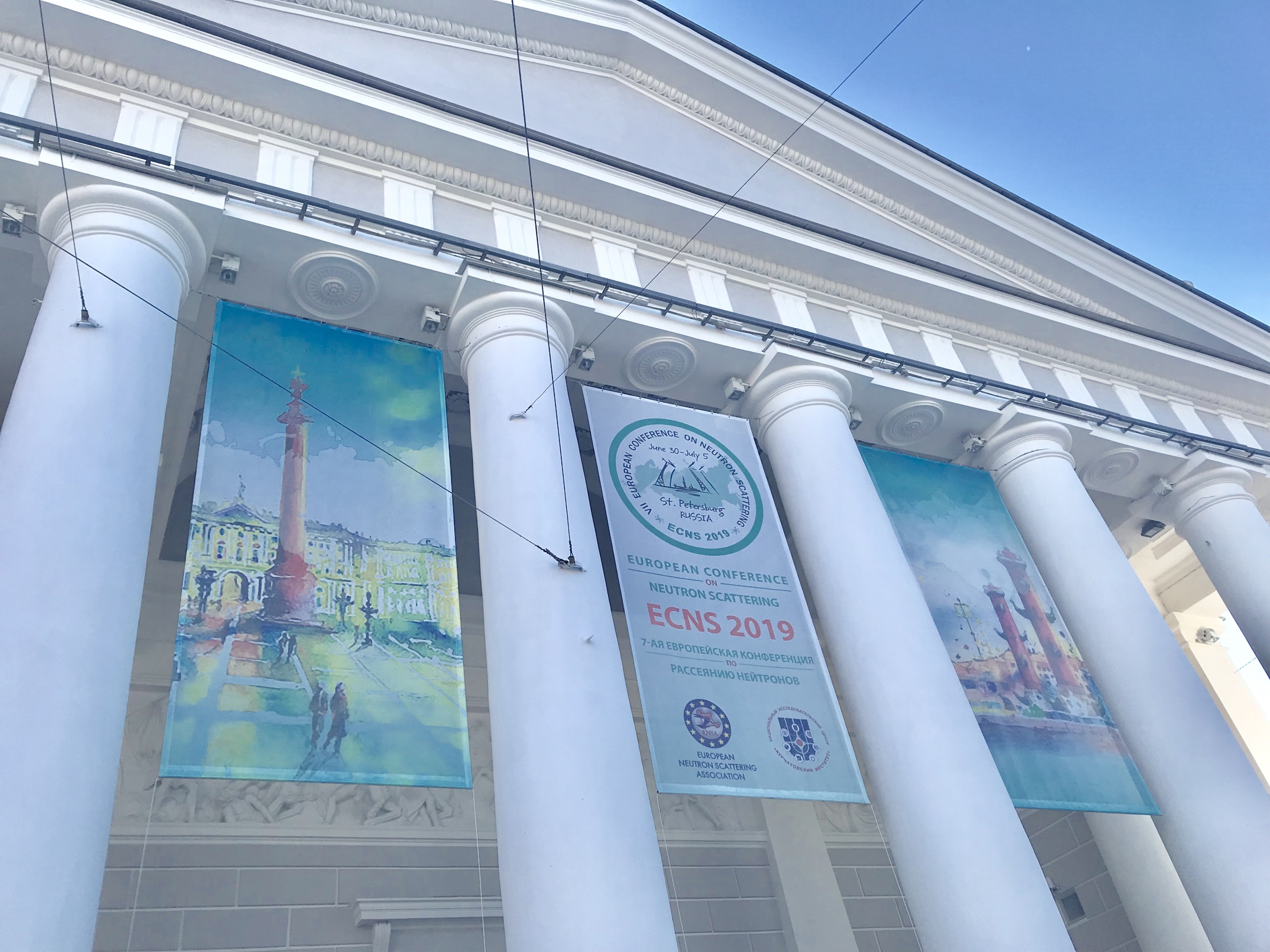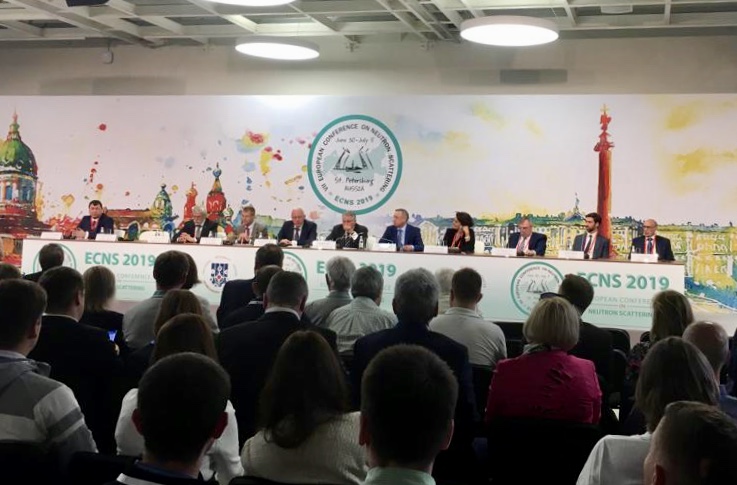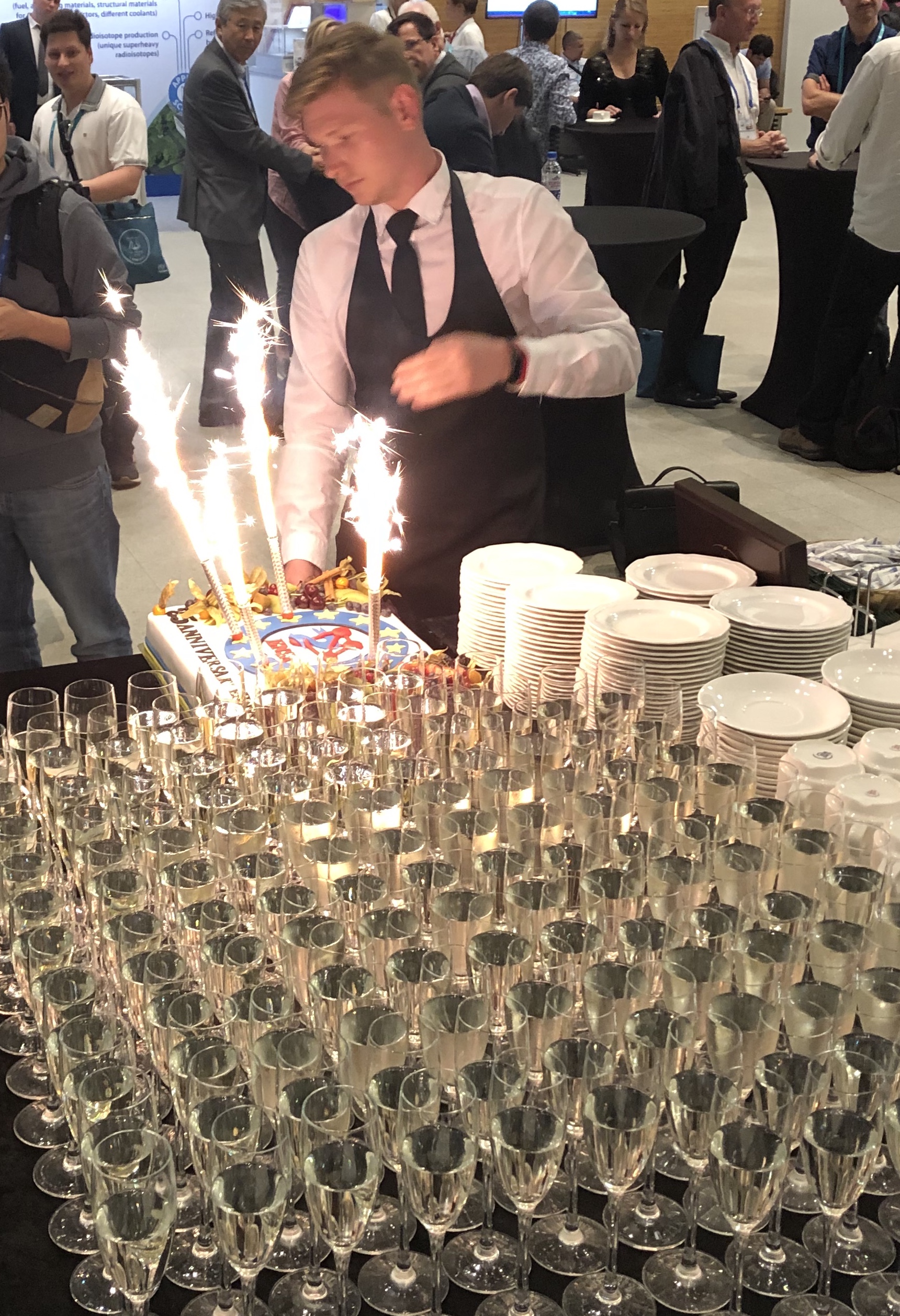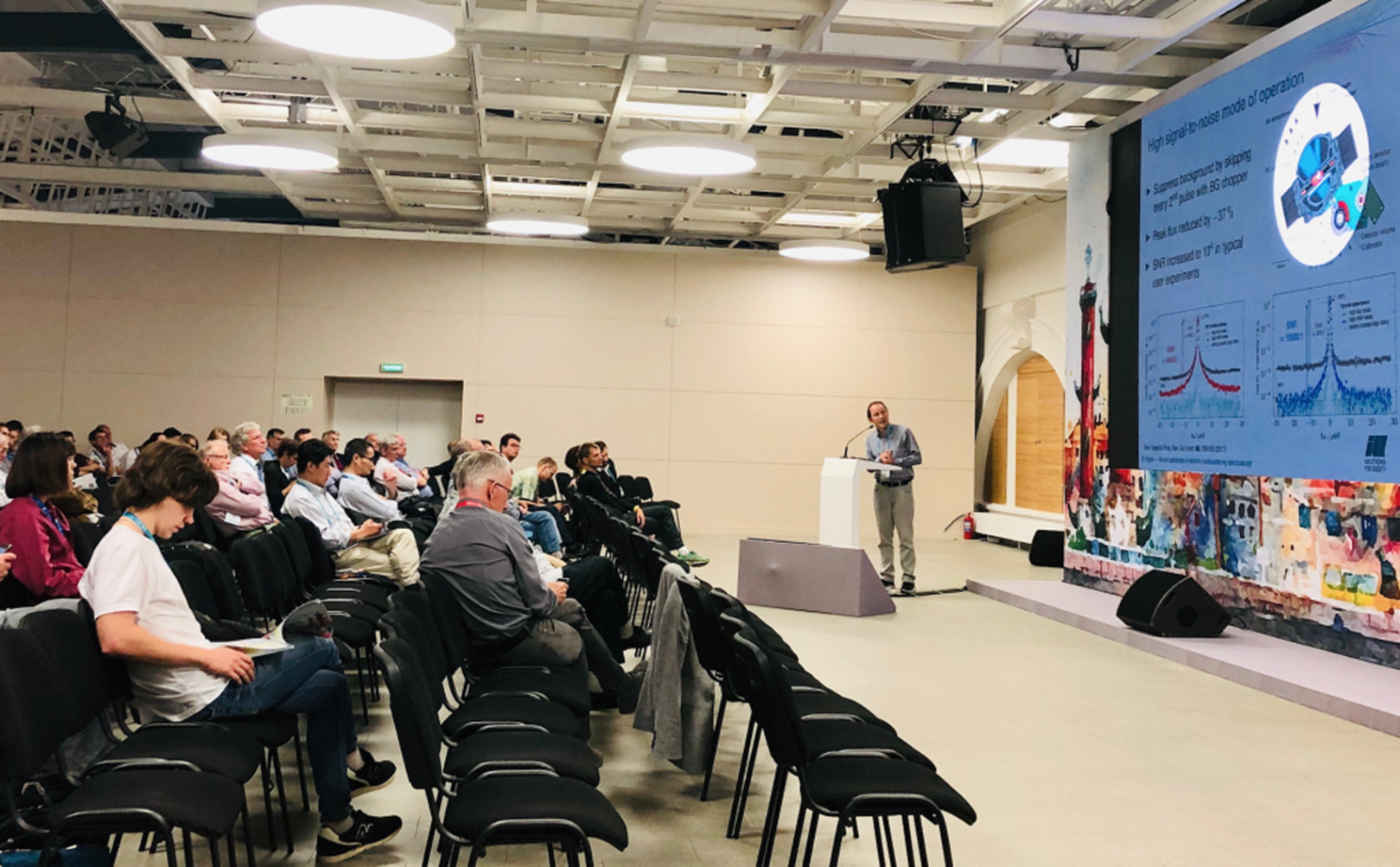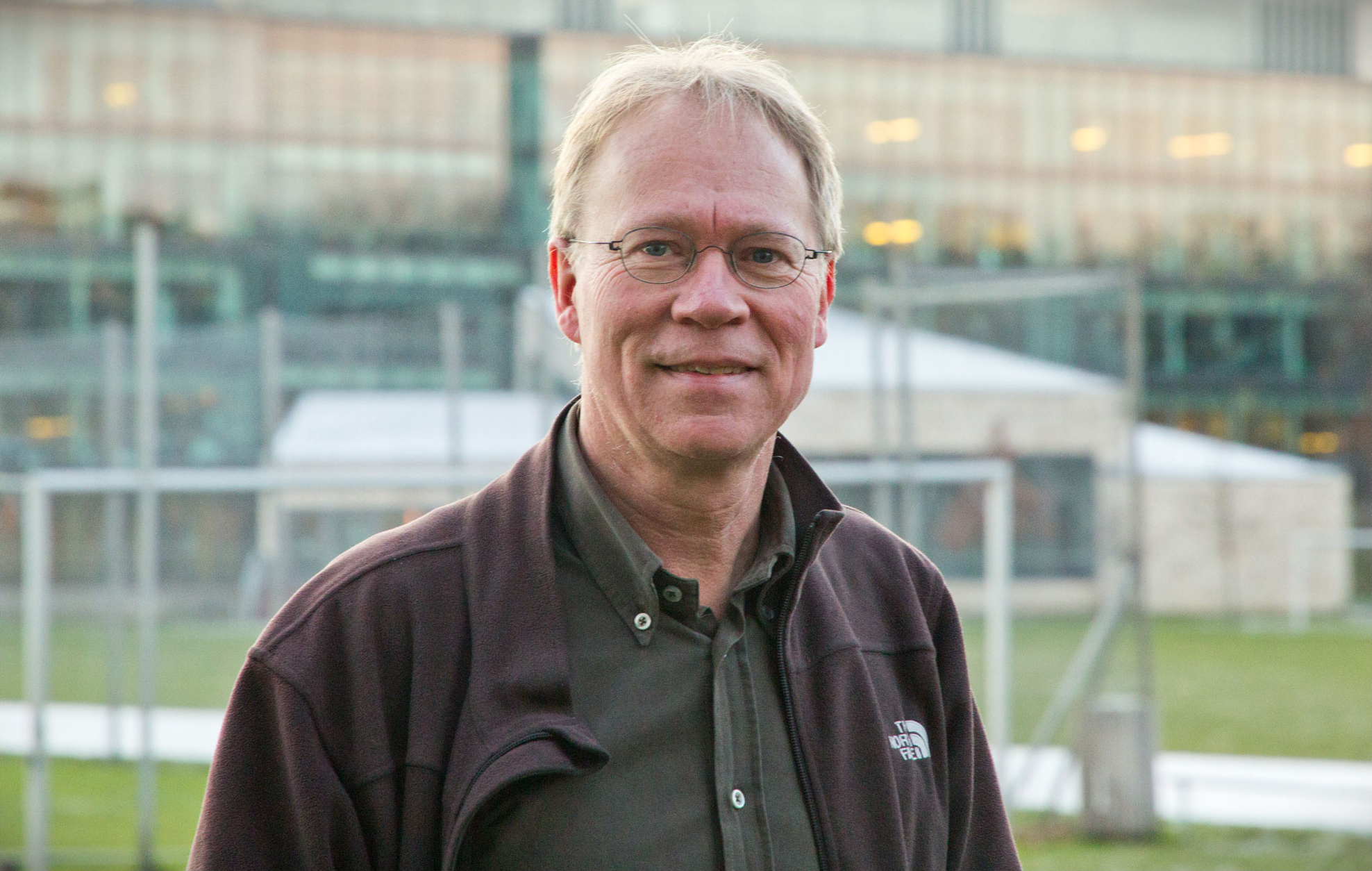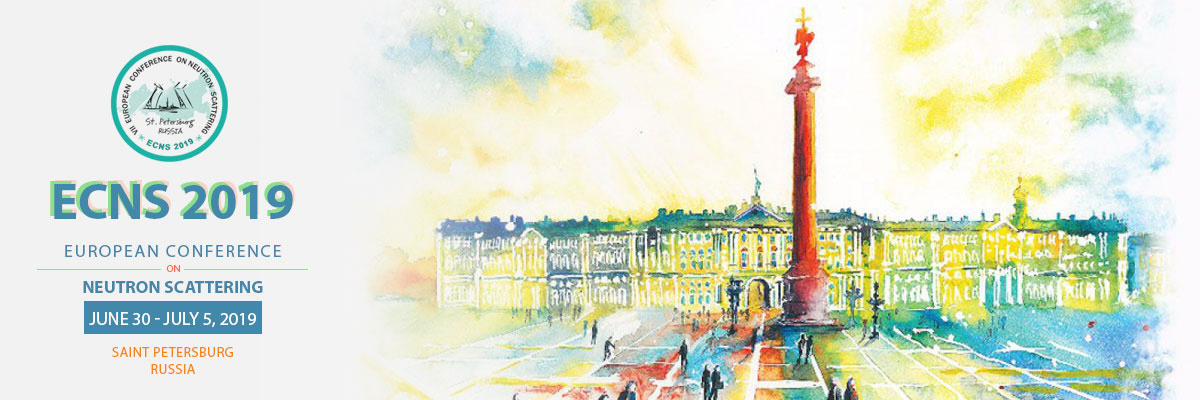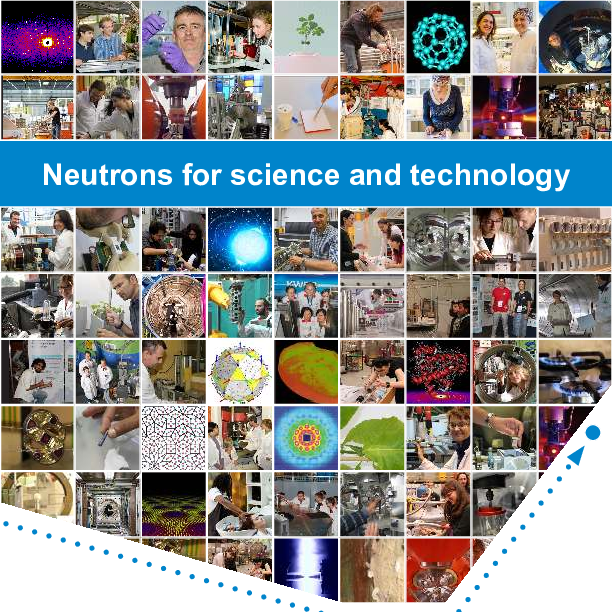The planned closure of the Orphee reactor at Laboratoire Leon Brillouin in Saclay, Paris since a few days means the loss of a great piece of research infrastructure in neutron scattering science. The expertise of the staff involved is of course maintained and applied but training future neutron scientists cannot be done anymore at this bright neutron source.
LLB will continue its role as an interdisciplinary center for the use of neutrons, assembling all instrumental, methodological and scientific expertise for the successful use of the ESS and other major sources, serving as a resource in neutron based science for the whole community. This can be done in a variety of ways. LLB has articulated, and commenced implementation of, a plan that maintains its scientific and technological expertise, provides for access to other neutron facilities (via CRG’s) in the short term, fulfills the French participation in ESS (instruments), and would make a national source (the SONATE project) operating in user mode a reality by 2025, keeping in mind that any sustainable long-term scenario clearly requires access to the flagship facility ESS as well as the operation of a national user facility.
